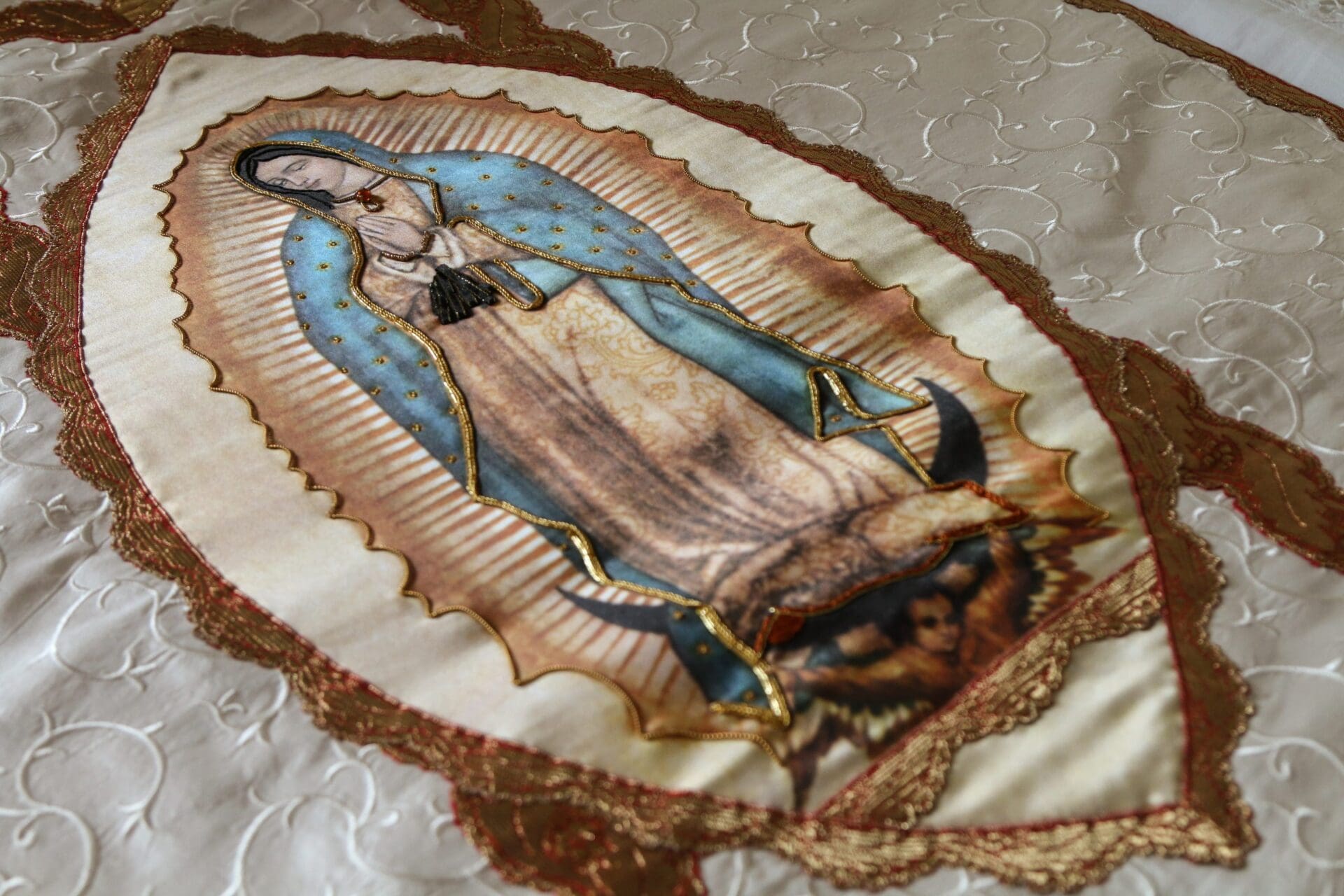A: Congratulations on your marriage!
At the outset, it should be emphasized that belated wedding receptions have always taken place in situations where couples get married on the other side of the country or a significant group of family or friends is not able to attend the wedding. A joyful wedding reception is always in order. Nevertheless, you don’t need a wedding to have a party.
The desire to have a full complement of the faithful present for a celebration of marriage is a good one. It helps to express the “communitarian character” (Order for Celebrating Matrimony (OCF), 28) of the union of bride and bridegroom. Holy matrimony is never a private event. The Order for Celebrating Matrimony even goes so far as to suggest that the communal nature of holy matrimony might be expressed through a celebration of this sacrament “during the Sunday assembly” (OCM, 28).
The liturgical celebration of matrimony, especially within Mass, is meant to be an iconic sign of the goodness and fruitfulness of the New Covenant between Christ and his Bride, the Church. Indeed, God calls couples to marriage and “continues to call them in marriage” (Familiaris Consortio, 51; OCM, 11).
Bishop Robert Barron puts it this way: “You get married in church when you say to each other and to the people gathered there and before God: ‘We realize that our relationship is part of God’s providence. That we were brought together by God precisely for God’s purposes, so that our relationship might become an iconic sign of God’s love for the world.’ When you can say that, then you’re ready to stand before a priest and stand before God and his people and make your vows.”[i]
That said, just as you can’t go home again, you can’t marry the same person again.
But, while there are no wedding do-overs, the Church does offer “The Order of Blessing a Married Couple within Mass on the Anniversary of Marriage.” Liturgical commemorations of significant anniversaries have been on the books since at least the 1570 Missale Romanum, and as far back as “the tenth-century Roman-Germanic Pontifical.”[ii] While these have traditionally been reserved for significant anniversaries, a first anniversary in the context of a global pandemic might fit the bill as “significant.” The ritual is outlined in the Order for Celebrating Matrimony, Appendix III (237–251).
In the context of the Mass On the Anniversaries of Marriage, the couple is invited “to renew before the Lord the promises you made to one another” (240) either by means of a quiet moment between themselves (see 241) or by exchanging the following “form provided” in 242: “Blessed are you, Lord, for by your goodness I took N. as my wife [/ husband].”
There is even the possibility of blessing and exchanging new rings (OCM, 244) or simply blessing the original wedding rings (OCM, 243): “Increase and sanctify, Lord, the love of your servants N. and N., who once gave each other these rings as a sign of faithfulness, that they may always grow in the grace of the Sacrament. Through Christ our Lord. R. Amen.”
In the place where the Nuptial Blessing is traditionally given following the Lord’s Prayer during the nuptial Mass, there is a prayer of blessing that the family life of the couple might more closely resemble an “image of Christ’s union with the Church” (OCM, 248).
While such a celebration could be done for a single married couple, it could also be done for a group of those who were married during the pandemic. In the latter case, perhaps the Sunday assembly might be an excellent occasion to express the communal character of marriage in the Church (see OCM, 28).
A best-practice in this regard might be to hold this celebration on or about the first anniversary of the marriage. In the current COVID context, celebrating a marriage on or near the one-year mark would allow the maximum amount of time for things to return to a modicum of normal (especially in regard to external venues necessary for receptions and anniversary parties such as restaurants, catering services, hotels, etc.). By setting the date as close as possible to the first anniversary day, the celebration will not only give the same seasonal context (spring/summer) for the renewal of commitment, but will likely allow the couple to invite the maximum number of people to the celebration (and might even allow the couple to reuse those specifically-dated napkins!).
[i] Robert Barron, “Bishop Barron on Sex, Love, and God.” Word on Fire: Online Videos, January 07, 2013. Accessed August 19, 2020. http://www.wordonfire.org/resources/video/sex-love-and-god/262/
[ii] See Paul Turner, Inseparable Love: A Commentary on The Order of Celebrating Matrimony in the Catholic Church (Collegeville, MN: Liturgical Press, 2017), 279–280.

